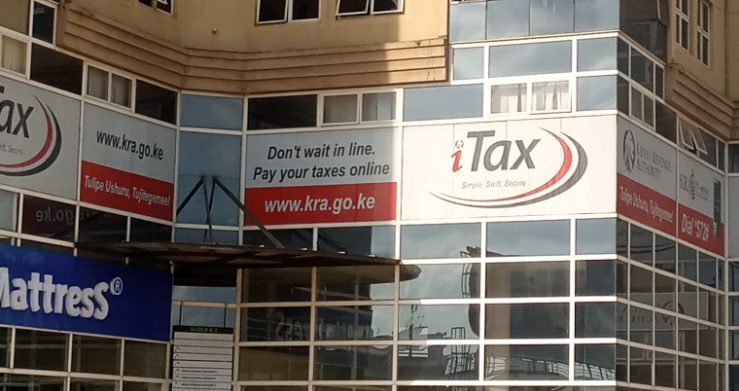This content has been archived. It may no longer be relevant
- Kenya’s Tax Procedures Act outlines procedures to be followed for the administration of tax laws.
The Kenya Revenue Authority (KRA) will now be able to access taxpayer’s records, computers, and mobile phones if they fail to reveal their annual tax returns.
The taxman on Thursday through a Court ruling successfully defended a petition challenging the constitutionality of its investigation and enforcement powers provided under the Tax Procedures Act.
High Court Judge Weldon Korir ruled in favour of KRA in a petition that had been filed by Activist Okiya Omtatah challenging Sections 57, 58(2), 59 and 99 of the Tax Procedures Act. The petition was filed on 12th April 2017.
Omtata had argued that the provisions in the Act infringed on taxpayers’ privacy by offering KRA full access to their records.
“Section 57 allows the information received by KRA to be admissible in civil and criminal cases,” noted the statement from KRA.
Section 58 reads; “An authorised officer may inquire into the affairs of a person under any tax law, and shall at all times have full and free access to all lands, buildings, places to inspect all goods, equipment, devices and records, whether in the custody or control of a public officer or of a body corporate or of any other person.”
However, in his ruling, Justice Korir found that the right to privacy can be limited within the law and in the public interest and privilege not to incriminate oneself cannot be used to get away with a crime. He said they were meant to enforce the law.
“There is therefore sufficient and substantial reason for the limitation of the right (to privacy), as it is KRA’s mandate to ensure that all citizens abide by the laws relating to taxes and where they fail to do so, they are properly brought to justice with sufficient evidence to support the allegation,” judge Korir said.




